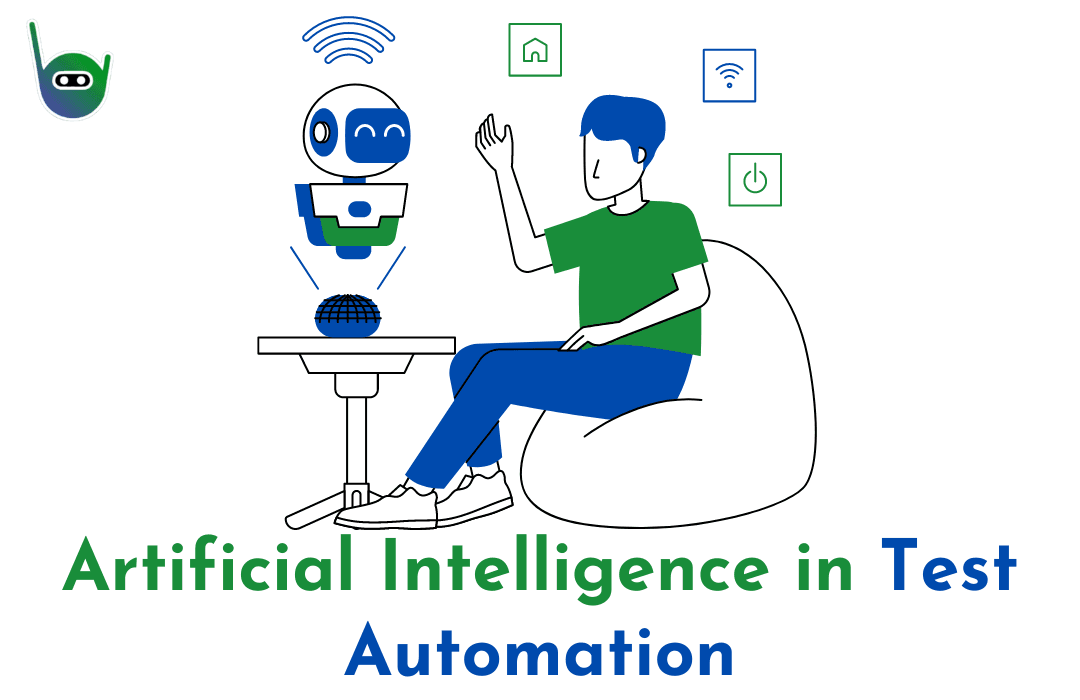
This article delves into the hottest test automation trends that are shaping the future of software testing. In the fast-paced world of software development, test automation has become a crucial aspect of ensuring quality and efficiency. As technology continues to evolve, so do the trends in test automation.
Introduction
Software testing is a critical phase in the software development lifecycle, ensuring that the application meets the desired quality standards. Test automation plays a vital role in accelerating the testing process, increasing test coverage, and reducing the risk of human error. Let's explore the hottest test automation trends that are shaping the future of software testing.
Test Automation Trends
The Rise of Artificial Intelligence in Test Automation

Artificial Intelligence (AI) is revolutionizing various industries, and software testing is no exception. AI-powered test automation tools are becoming increasingly popular due to their ability to analyze vast amounts of data and make intelligent decisions. Machine learning algorithms can learn from test results and automatically adapt test cases, improving test coverage and efficiency.
Shift-Left Testing Approach
Traditionally, testing was performed toward the end of the software development cycle. However, with the shift-left testing approach, testing activities are initiated much earlier in the development process. Test automation plays a crucial role in this approach, allowing developers to identify and fix issues at an early stage, resulting in higher-quality software.
Continuous Testing and DevOps Integration
DevOps practices have gained significant popularity, emphasizing collaboration and continuous integration and delivery. Continuous testing, an integral part of DevOps, focuses on executing tests continuously throughout the software development lifecycle. Test automation enables faster feedback, rapid bug detection, and seamless integration with the DevOps pipeline.
Test Automation in Agile Environments
Agile methodologies have become the norm for software development, enabling organizations to deliver value faster and adapt to changing requirements. Test automation aligns well with agile principles, enabling frequent and quick regression testing. Automated tests can be easily maintained and executed in short iterations, facilitating faster release cycles.
Mobile Test Automation
With the proliferation of mobile devices, mobile app testing has become a crucial aspect of software testing. Test automation frameworks and tools specifically designed for mobile platforms are gaining popularity. Mobile test automation allows for efficient testing across different devices, operating systems, and screen resolutions, ensuring optimal user experience.
Cloud-Based Test Automation
Cloud computing has transformed the way software is developed, tested, and deployed. Cloud-based test automation provides scalability, flexibility, and cost-effectiveness. Test environments can be provisioned on-demand, enabling parallel execution of tests across multiple configurations. Cloud-based testing also facilitates collaboration among geographically dispersed teams.
Containerization and Virtualization in Testing
Containerization technologies like Docker and virtualization platforms such as VMware and VirtualBox are revolutionizing test automation. Containers and virtual machines provide isolated and reproducible testing environments. Test automation can leverage these technologies to quickly spin up test environments, reduce dependencies, and improve test coverage.
API Test Automation
As applications become more interconnected, APIs (Application Programming Interfaces) play a crucial role in integrating systems and exchanging data. API test automation focuses on testing the functionality, performance, and security of APIs. Automated API testing enables comprehensive testing of various endpoints, input/output validations, and data integrity checks.
Test Automation for Microservices Architecture
Microservices architecture has gained significant popularity due to its scalability and flexibility. Test automation for microservices focuses on testing individual services and their interactions. Automated tests can verify the behavior of each microservice, test service integration, and ensure overall system stability and performance.
Robotic Process Automation (RPA)
Robotic Process Automation (RPA) involves automating repetitive and rule-based tasks using software robots. RPA can be applied to various business processes, reducing human effort and enhancing accuracy. Test automation can be utilized to validate the RPA workflows, ensuring the correctness of data handling and task execution.
Test Data Automation
Test data management is a critical aspect of test automation. Test data automation involves generating, provisioning, and managing test data for automated tests. Automated test data generation techniques can produce realistic and diverse test scenarios, covering a wide range of test cases and ensuring comprehensive test coverage.
Test Automation in the Internet of Things (IoT)
The Internet of Things (IoT) has transformed the way we interact with devices and systems. Test automation plays a crucial role in IoT testing, ensuring the quality and reliability of interconnected devices. Automated tests can simulate various IoT scenarios, test device compatibility, and validate data exchange between devices.
Blockchain Testing Automation
Blockchain technology has revolutionized various industries, including finance, supply chain, and healthcare. Test automation is essential for validating blockchain-based applications. Automated tests can verify the immutability of data, test smart contracts, and ensure the security and integrity of the blockchain network.
ROBONITO Is a Futuristic No Code Automation Tool
Conclusion
As software development and technology continue to advance, test automation becomes increasingly vital. The hottest test automation trends discussed in this article highlight the growing importance of artificial intelligence, shift-left testing, continuous testing, and the adoption of automation in various domains. Embracing these trends will empower organizations to deliver high-quality software faster and more efficiently.
FAQs
What is test automation? Test automation is the use of software tools and frameworks to automate the execution of tests, reducing the need for manual effort and improving efficiency.
Why is test automation important? Test automation accelerates the testing process, increases test coverage, reduces the risk of human error, and enables faster feedback on software quality.
How does artificial intelligence impact test automation? Artificial intelligence enhances test automation by enabling intelligent decision-making, adaptive test cases, and data analysis for improved test coverage.
What is shift-left testing? Shift-left testing is an approach where testing activities are initiated early in the software development process, allowing for early issue identification and resolution.
How does test automation fit into Agile and DevOps practices? Test automation aligns well with Agile and DevOps methodologies by facilitating frequent regression testing, continuous integration, and seamless pipeline integration.
